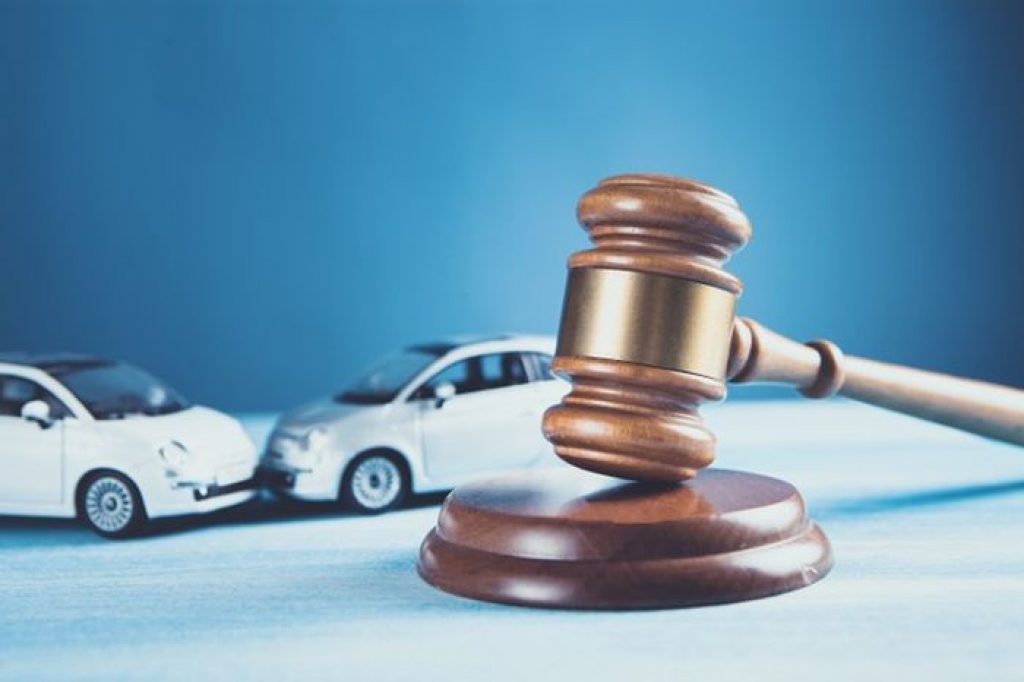
The law in most countries requires drivers to have at least the minimum insurance coverage. Generally, this is the Third-Party Liability coverage that serves to protect other parties. It is a plus for you if you have more coverage than that. Either way, driving without any type of insurance is illegal, and you can face legal consequences.
Vehicle insurance is regulated by law, and we are going to give you an insight into the rules. Insurance is not only there for the companies to make money, but it exists to protect you and those around you. Therefore, it is of high importance to have regulations that everybody must follow. We will try and inform you about these regulations to our best ability.If you would like to learn more about insurance in Canada, you should visit Surex!
Table of Contents
Mandatory Insurance

Source: freepik
At the very beginning of the Vehicle Insurance Act, there is a statement that says that all corporations must follow the same plan of universal compulsory vehicle insurance. This means that all insurance companies have to provide their policyholders with the minimum coverage that is required by law.The minimum is the same for everybody, and it cannot be changed or modified. Every additional type of coverage is optional, but this is a must.
Application Forms and Documentation

Source: freepik
Whenever you want to sign up for something, there is a certain application process prior to that. To properly apply for your insurance premium, there are two main conditions that you need to fulfill:
● You must enter the data required by the corporation;
● The form that you need to fill in must be issued by the insurance company.
The Vehicle Insurance Act states that the company has the right to ask for the customer’s data and information about their vehicle for the purpose of generating the policy.
Some other documents that might be required apart from the form are the following:
● Your driver’s license
● Proof of previous claims, if there were any
● Proof of loss if there was any
● Your vehicle documentation
● Other reports and statements that the insurer might request
Claims against the Insurance Company
There is a segment in the Insurance Act named ‘Limitation.’ According to this section, in case a policyholder files a claim in case of damage or loss, the insurance company must pay the due amount within one year since the accident had happened.
Of course, this is only the case if the policyholder has proof that shows that they deserve to get compensated for their loss. If the corporation does not solve its debts, it will face repercussions.
Accident Reports

Source: freepik
Different kinds of accidents and emergencies can occur while you are on the road. Whenever something happens, you will have to provide evidence of the accident in order for the insurance company to cover your expenses. The proof should be delivered in the shortest period possible.
In case you are injured in an accident, and your insurance covers this problem, the company might ask you to deliver various documents. These reports must be approved by the health care practitioner, and according to the Vehicle Insurance Act, they can be the following:
● The description of the injury
● The diagnosis they have established
● The state that the injured party was in right before the accident occurred, or at that time
● The type of treatment and medication that is given to the patient
The report must follow the guidelines provided by the insurance company. The health practitioner must give them all of the information that they request, in any form they demand.
What is a Blanket Certificate?
A blanket certificate is a permission given by the Federal Energy Regulatory Commission (FERC). The certificate allows someone to perform activities, such as transportation, without having to ask for approval every single time.
In the Vehicle Insurance Act, it is clearly stated that this certificate can be issued in two particular instances:
● If someone has a license based on the Passenger Transportation Act.
● A person that belongs to a particular group eligible to get this certificate.
In order to get the blanket certificate, one must first apply. The application consists of giving any information that the insurance company deems relevant. The company has the right to deny the request if any of its requirements are not met.
Offenses

Source: freeepik
There is an entire section in the Insurance Act dedicated to the offenses and their penalties. To understand this part, it is of great importance to know what ‘claim’ means.In a nutshell, a claim is a statement against the insurance company which discusses a certain accident and where the policyholder asserts that they have been damaged. It is called a claim because everything stated in it has got to be proven in the future.
The Insurance Act defines an offense as a false or misleading claim made against the insurance company. However, the policyholder must be aware of their false claim at the time of filing it. Otherwise, this would not be considered an offense but rather a mistake or a misunderstanding at best.There are very strict punishments for those who commit such an offense:
● A fine of up to $25,000
● Imprisonment of to 2 years
● Both of the above
However, this only refers to the first offense, but every following offense means you have to pay the double amount of the first fine.In case the insurer is not the one who commits an offense, but rather the company itself, the company has to pay up to $100,000 the first time and $200,000 every following time.
Government Vehicles

Source: freepik
The rules and regulations stated in the Vehicle Insurance Act are not applied to government vehicles. Any automobiles owned or leased by the government are exempt from following these regulations.
Endnote
The Vehicle Insurance Act is too huge to be summed up in a few words. However, one can obtain a general idea of the Act through this article. This can come in handy if you’re involved in some legal dispute with your insurance provider.







